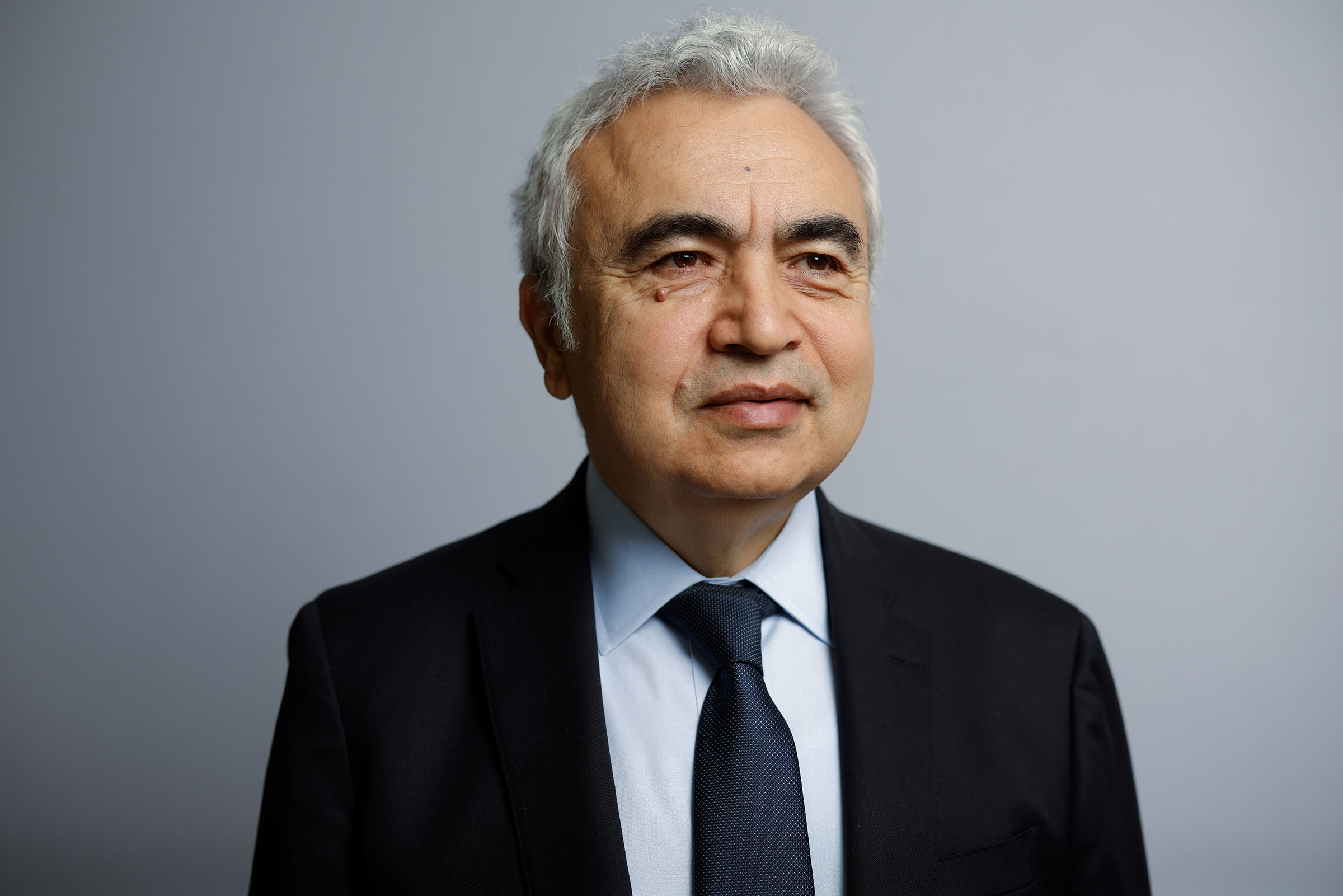
Global leaders have argued for years that the urgency of addressing climate change and the long-term opportunity of investments in renewables would ultimately drive a transition away from fossil fuels to clean energy.
By adding security concerns to the equation, the Russian invasion of Ukraine early this year has accelerated the move, says Fatih Birol, the executive director of the International Energy Agency, and may serve as “a turning point in the history of energy policy.”
“Looking at all the numbers day by day across the world, I see a new global energy economy is emerging,” he said in a Sept. 13 interview. “This is wind, this is efficiency, this is heat pumps, this is nuclear power, this is hydrogen, and others.”
The evidence of the accelerating transition to a new energy economy is everywhere across the globe as policy makers respond to pressures on multiple fronts. Birol cited the $369 billion Inflation Reduction Act in the U.S., the $210 billion RePowerEU program in the European Union, and the $146 billion Green Transformation program in Japan. All three rely on government spending to foster low-carbon energy sources at the expense of fossil fuels and advance the countries’ promises to reduce emissions.
“The consequence of this global energy crisis may end up being that fossil fuels, all of them, have an outlook less optimistic than it was before,” says Birol.
Beyond their climate and security implications, these massive government programs have a competitive focus as countries push for the creation of domestic clean energy manufacturing. An IEA report released last year found that global investment in clean energy could total $4 trillion annually by 2030 if countries pursue rapid decarbonization—and countries want to capture as much of that market as possible. “This competition does help [address] climate change,” Birol says. “We don’t know who will be leading, this or that technology, and which countries—is it Europe?, is it China?, is it the United States? But at the end of the day, we are going to see that the global fight against climate change will benefit.”
The jockeying for advantage will take years to play out, however, and in the meantime countries must grapple with short-term pain as energy prices skyrocket, particularly in Europe. At the heart of the problem are natural gas prices, which rose nearly 500% in Europe from the days just before the invasion to mid-summer as Russia reduced its shipments of the fuel via pipeline to Europe. Prices have fallen in response to the EU’s plan to get through the winter, but observers remain concerned that a harsh winter would lead to economic and political trouble.
Birol said that the energy crunch precipitated by Russia cutting off natural gas supplies to Europe makes for a “big challenge” with energy rationing and negative effects on economic growth both likely. Still, he said he is most concerned about the political ramifications of the energy crisis. If countries in the European Union support each other with agreements for gas and electricity trading they will emerge with “minimal bruises.” On the other hand, countries might act only in their individual self interest, which would not only worsen the energy crisis but also hurt the EU’s credibility more broadly. “The European Union is now at a crossroads in terms of how we are going to respond to this crisis,” he said.
More Must-Reads from TIME
- Cybersecurity Experts Are Sounding the Alarm on DOGE
- Meet the 2025 Women of the Year
- The Harsh Truth About Disability Inclusion
- Why Do More Young Adults Have Cancer?
- Colman Domingo Leads With Radical Love
- How to Get Better at Doing Things Alone
- Michelle Zauner Stares Down the Darkness
Write to Justin Worland at justin.worland@time.com